
Reuters
1912 newsArticles by author
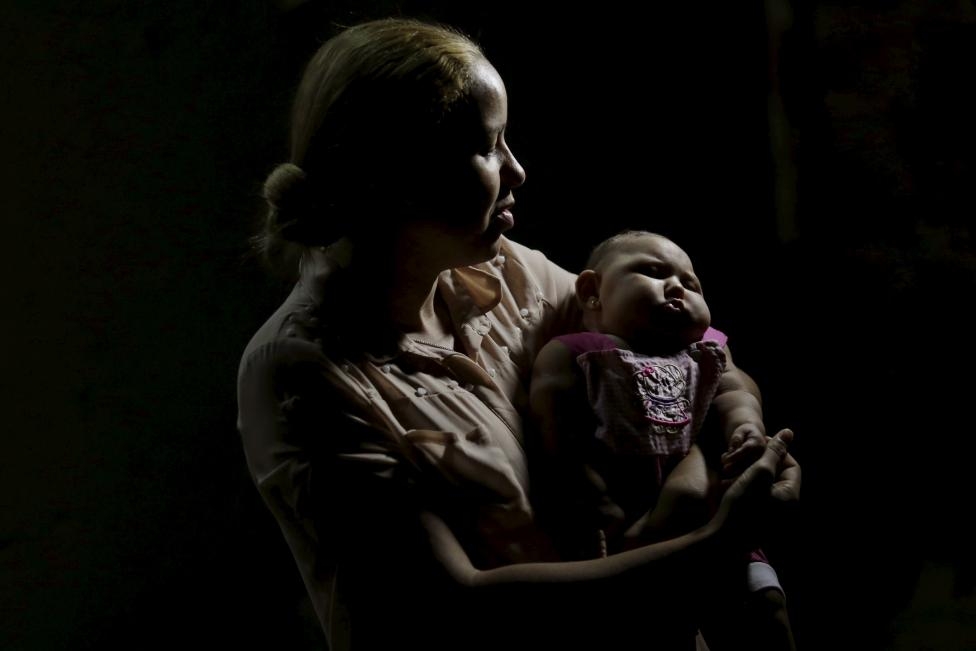
Race for Zika vaccine gathers momentum as virus spreads
Companies and scientists are racing to create a Zika vaccine as concern grows over the mosquito-borne virus that has been linked to severe birth defects and is spreading quickly through the Americas.
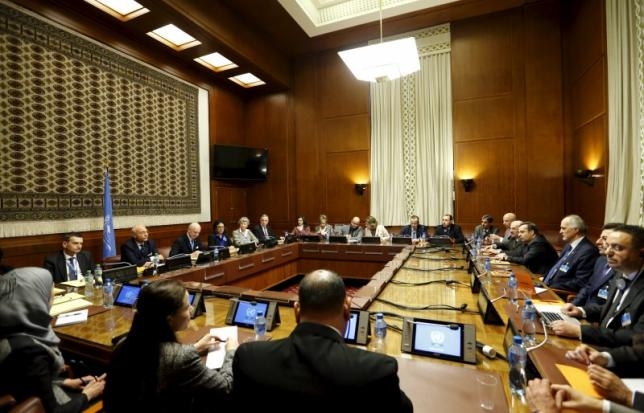
Syrian opposition to go to Geneva as peace talks open
Syria's main opposition group agreed to travel to Geneva, where the United Nations on January 29 opened peace talks to end the country's five-year-old war, but said it wanted to discuss humanitarian issues before engaging in political negotiations.
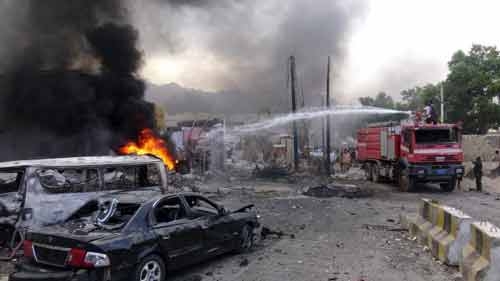
Islamic State claims Aden suicide car bombing that kills six
Islamic State militants claimed responsibility for a suicide car bombing outside Yemeni President Abd-Rabbu Mansour Hadi's residence in the southern city of Aden on January 28 that killed at least six people.
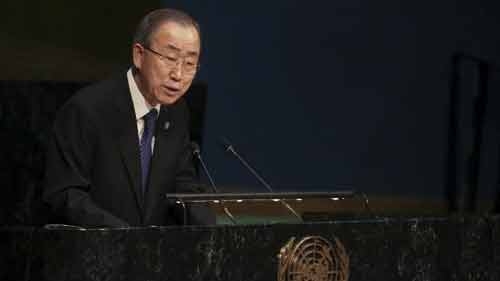
UN praises Somalia deal on model for electoral process
United Nations Secretary-General Ban Ki-moon praised an agreement by Somalia's government on January 28 on a model for the electoral process to establish a new, bicameral federal parliament in 2016.
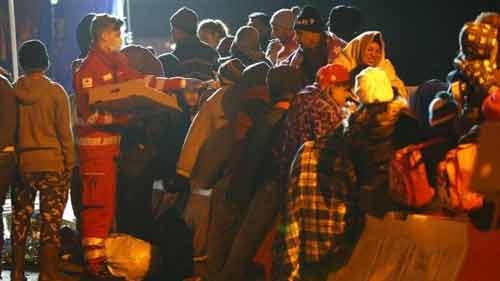
German government agrees tighter asylum rules
German Chancellor Angela Merkel's conservatives and their left-leaning Social Democrat (SPD) coalition partners agreed on January 28 to tighten asylum rules, reaching a compromise on how to stem an influx of migrants that topped one million last year.
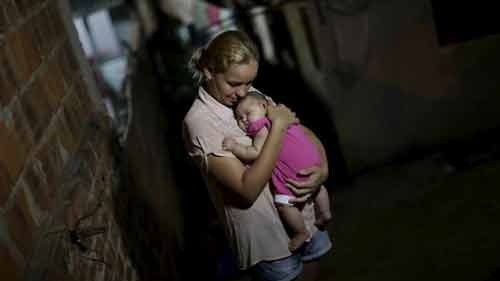
WHO says Zika virus spreads explosively, 4 million cases forecast
The Zika virus, linked to severe birth defects in thousands of babies in Brazil, is "spreading explosively" and could infect as many as 4 million people in the Americas, the World Health Organization (WHO) said on January 28.
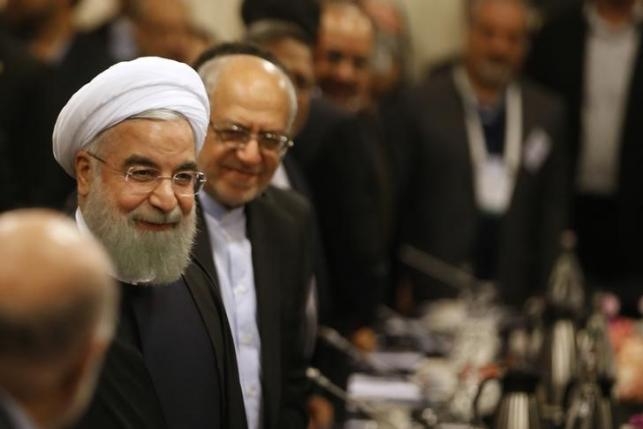
Iran's Rouhani in France to revive business ties after nuclear deal
Iranian President Hassan Rouhani told French business leaders on January 27 that Iran was open for investment as he started a visit in France to revive business ties despite diplomatic differences.
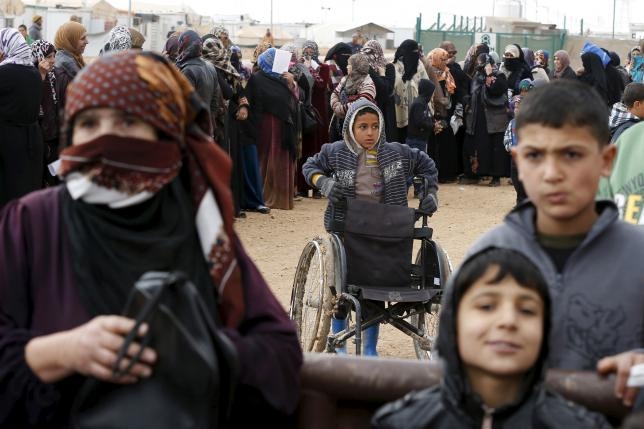
UN says Syria ignored most of its requests to deliver aid
The Syrian government in 2015 ignored most United Nations requests to deliver humanitarian aid to some of the 4.6 million people in hard-to-reach and besieged areas and only 620,000 received help, the UN aid chief said on January 27.
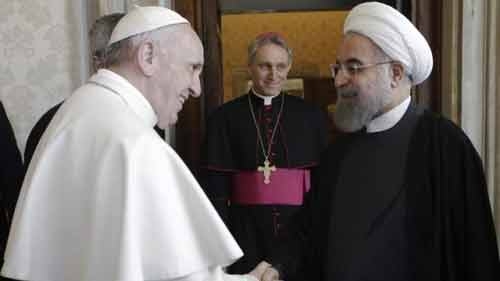
Pope asks Iran to work for Mideast peace, stop spread of terrorism
Pope Francis met Iranian President Hassan Rouhani in the Vatican on January 26 and urged Tehran to work with other Middle East states to promote peace and stop the spread of terrorism and arms trafficking in the region.
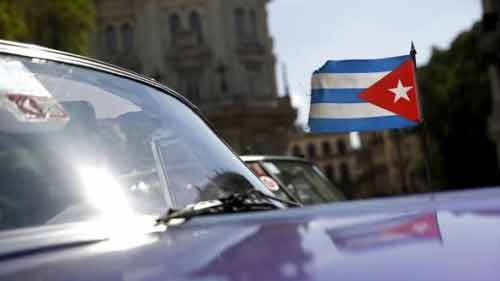
New US rules allow infrastructure projects, movie shoots in Cuba
The United States approved a wider range of commerce with Cuba on January 26, making it easier for US companies to film movies, finance exports and do business with the Communist government on public infrastructure projects.
